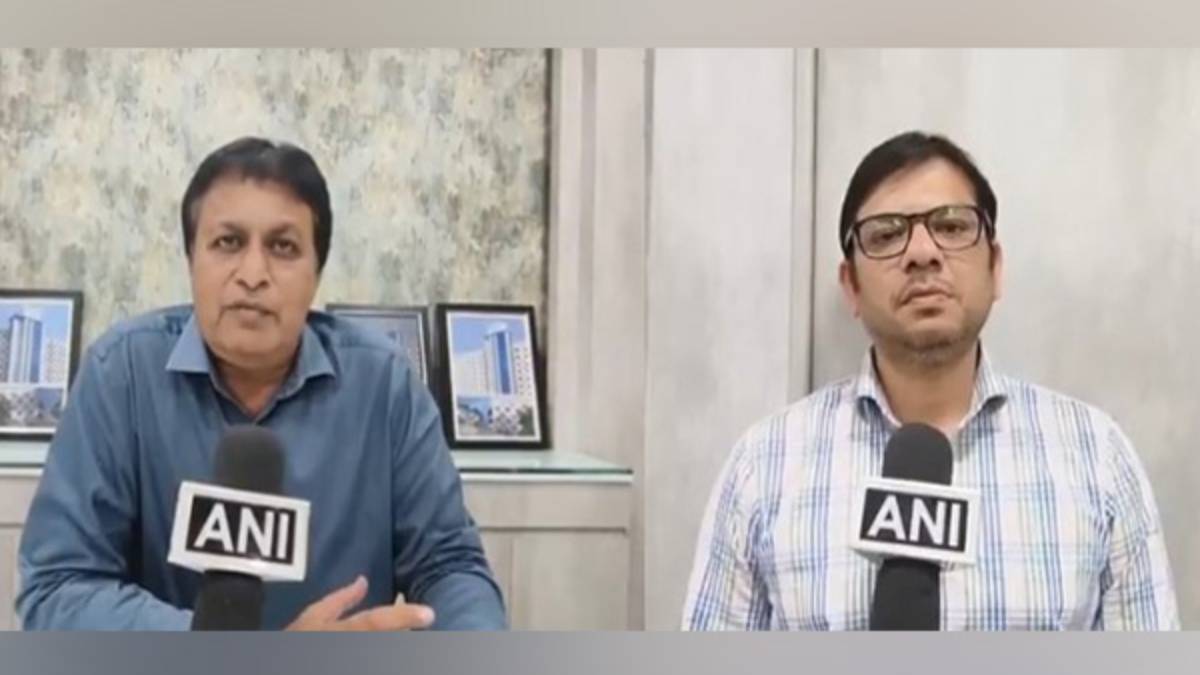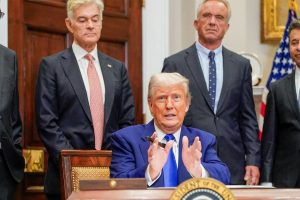Indian textile exporters says that exports loss because of U.S the imposition of 25 per cent tariffs by U.S. President Donald Trump will be compensated by gains in exports due to free trade agreements (FTAs) which India’s has signed with other nations.
Exporters remain confident about their future and are urging the Indian government to take proactive steps to support the industry.
Champalal Bothra, National Chairman of the Confederation of All India Traders (CAIT) told ANI that, “Despite Donald Trump imposing tariffs on India, the textile industry is not facing any problems. We want to tell the Indian government that the 35 per cent of our exports that go to the US can be compensated through free trade agreements (FTAs), by amending government policies and by exporting to other countries by reducing costs. If any country tries to bind it, India will not stop. The trader here will not work under the pressure of tariffs; it will find a new market and thrive.”
In the exclusive conversation with ANI, textile traders from Surat said that their market will not be affected by the new tariffs. They believe that Indian traders are capable of overcoming such challenges by exploring new markets and reducing manufacturing costs.
Bothra added, ” India’s textile traders are in such a strong position that they can create their market anywhere in the world. The US introduced Indian clothes in countries like Bangladesh, Vietnam and Cambodia in such a way that it showed India as a competitor to China.”
He further stressed that with proper government support, especially for Micro, Small and Medium Enterprises (MSMEs), India can face tariffs effectively. “New markets can be found in Europe, South Africa, Japan or Central Asia,” he said.
Echoing a similar sentiment, textile trader Vikas Gupta said, “The tariff being imposed by the US is in discussion; side by side, the Indian government should explore parallel options, like changes in policies and subsidies, so that our manufacturing cost reduces and the 35 per cent supply to the US is maintained along with finding other markets.”
He added, “We can then also take it as an opportunity. There are European, African and Asian countries where we have the scope to compete. If the government policies are good, we can also supply material to Vietnam, Bangladesh and China. People of Surat have never worked under pressure and never will. We will maintain our business through reduced costing instead.”
With confidence in their resilience and a call for better policies, India’s textile industry is gearing up to overcome global trade challenges and continue its growth.





